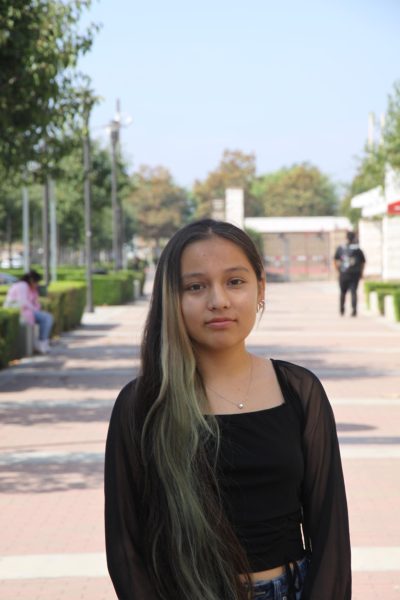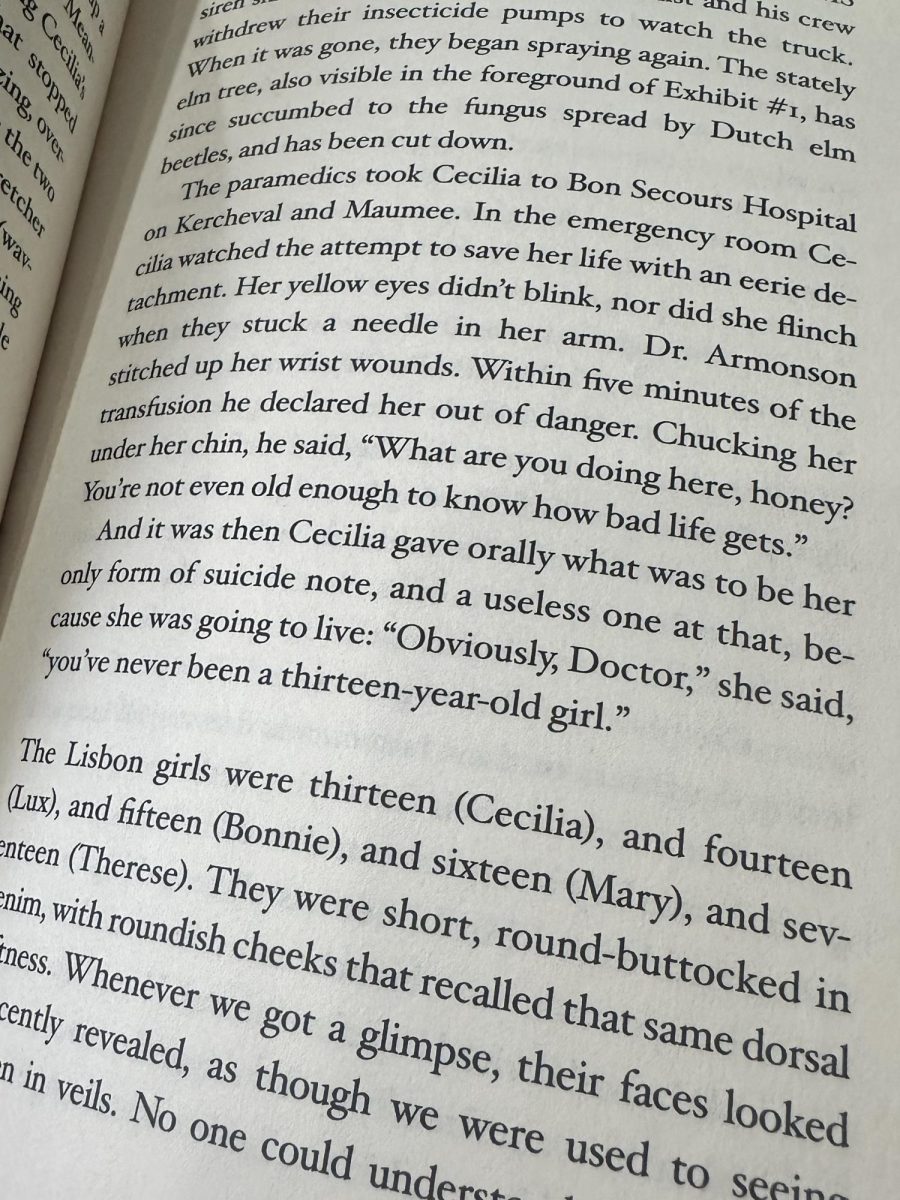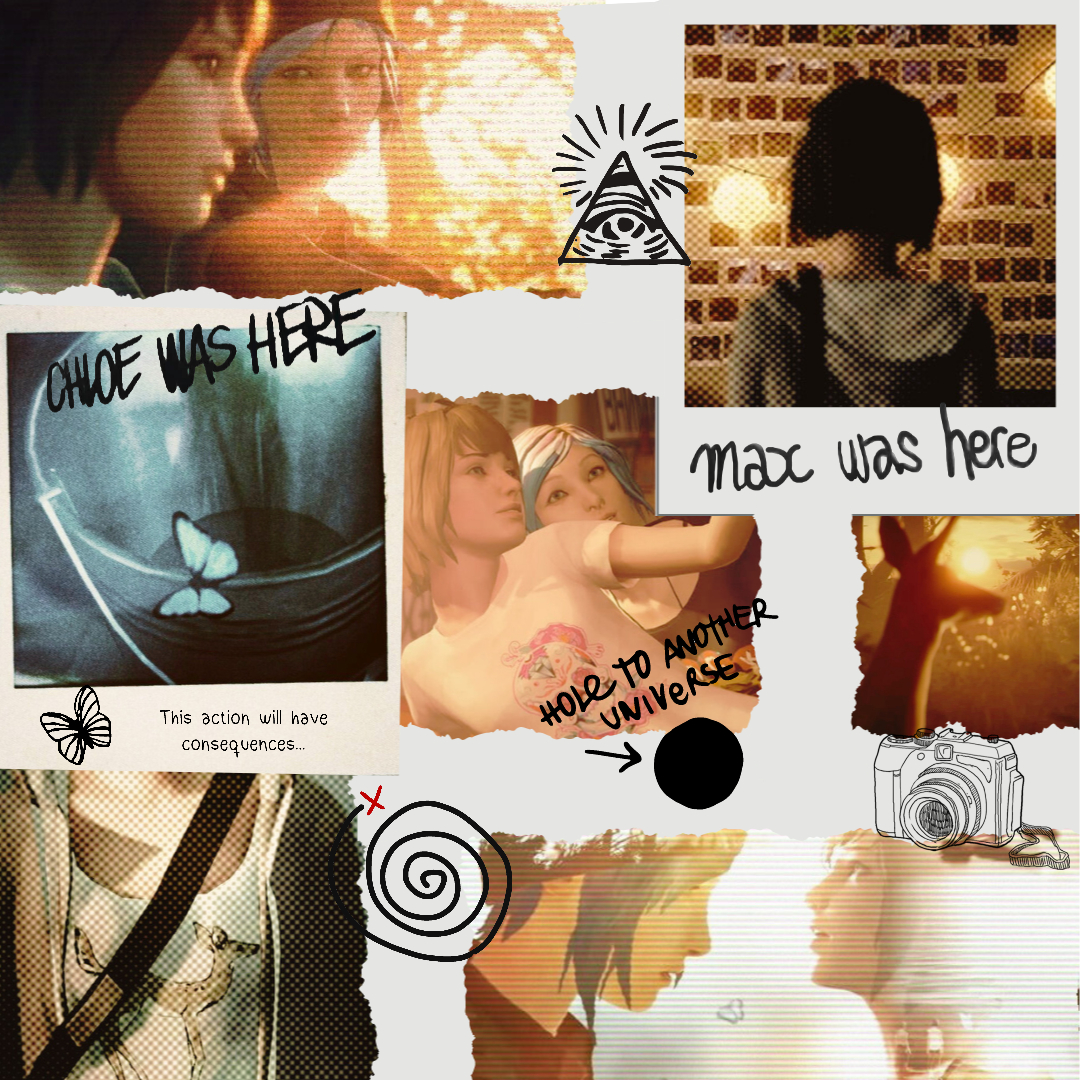Have you ever wondered how your family has shaped who you are? Galit Atlas explores how our parents’ and grandparents’ unprocessed experiences can keep us from becoming our best selves. In her book, Emotional Inheritance: A Therapist, Her Patients, and the Legacy of Trauma she explores how her patients experience the emotional trauma of the generations before them.
Atlas is a psychoanalyst, creative arts therapist and a teacher at New York University (NYU) and has a private practice in Manhattan. She has a Master’s, Bachelor’s and a Ph.D, and specializes in topics like gender, sexuality, infant research and dream analysis. She uses her patients’ experiences and her own knowledge to create a simple and informative narrative that makes it easy for both clinicians and the general public to understand and enjoy her book.
When I first came upon the book, I was drawn to the title. I was really interested in looking at a different side of therapy. I wanted to see how a therapist thought and analyzed their patients. The book is broken up into three main sections: Our Grandparents, Our Parents and Ourselves.
Part one of the book focuses on how our grandparents’ trauma can indirectly affect us. Atlas shares the stories of four of her patients: Eve, Lara, Leonardo and Rachel, who each experience the impact of their grandparents’ experiences.
The first story in this section focuses on how the absence of a parent, whether emotional or physical, can continue to create problems in the lives of the generations after them. Eve’s grandmother was physically and emotionally absent due to an illness that prevented her from doing much. The neglect and loss that Eve’s mother felt early on in her life impacted the attachment and care she gave to her own child, Eve. As a result, Eve grew up feeling unsupported and abandoned and started an affair to receive the emotional caretaking she lacked growing up.
Through Eve’s story, Atlas explains how the death of a parent can cause emotional unavailability, creating a cycle of loneliness and neglect that can move through generations if not recognized and processed. Atlas also uses this story to explain the “dead mother” phenomenon, analyze affairs and explore other subtopics.
The remaining stories in this section focus on topics like childhood sexual abuse, suicide, suppressed homosexuality and how the Holocaust presents themselves in the lives of people’s children and grandchildren.
The second part of the book focuses on how trauma is passed down from parents. This section focuses on four people: Noah, Jon, Ben and Dana. Atlas continues explaining different concepts with the stories of these people. She brings up how secrets can impact the behavior and perceptions of family members and how feeling unwelcomed by our parents can affect our own self-worth and relationships in life. She also points out how important emotional expression is and how not allowing ourselves to feel can impact our family dynamics.
Part three focuses more on the importance of confronting our trauma, how to break the cycle, recognizing patterns of abuse and why self-reflection is important to heal and grow.
Overall, I think that the book does a really great job of introducing and explaining different concepts through people’s experiences. The book ties together Atlas’s own experiences and knowledge with her patients’ struggles and lives in a way that shows how generational trauma affects both families and individuals. If you’re interested in learning more about trauma, understanding yourself, looking at a therapist’s side of therapy, or looking for a different perspective, I would recommend checking out this book over the summer.
Book Review: Emotional Inheritance: A Therapist, Her Patients, and the Legacy of Trauma
Have you ever wondered how your family has shaped who you are? In her book, Emotional Inheritance: A Therapist, Her Patients, and the Legacy of Trauma, Galit Atlas explores how her patients experience the emotional trauma of the generations before them.
More to Discover
About the Contributor

Melanie Moreno, Copy Editor
I like listening to all kinds of music, I’m an introvert, and my favorite thing to do is read on a rainy day with a warm drink.

































